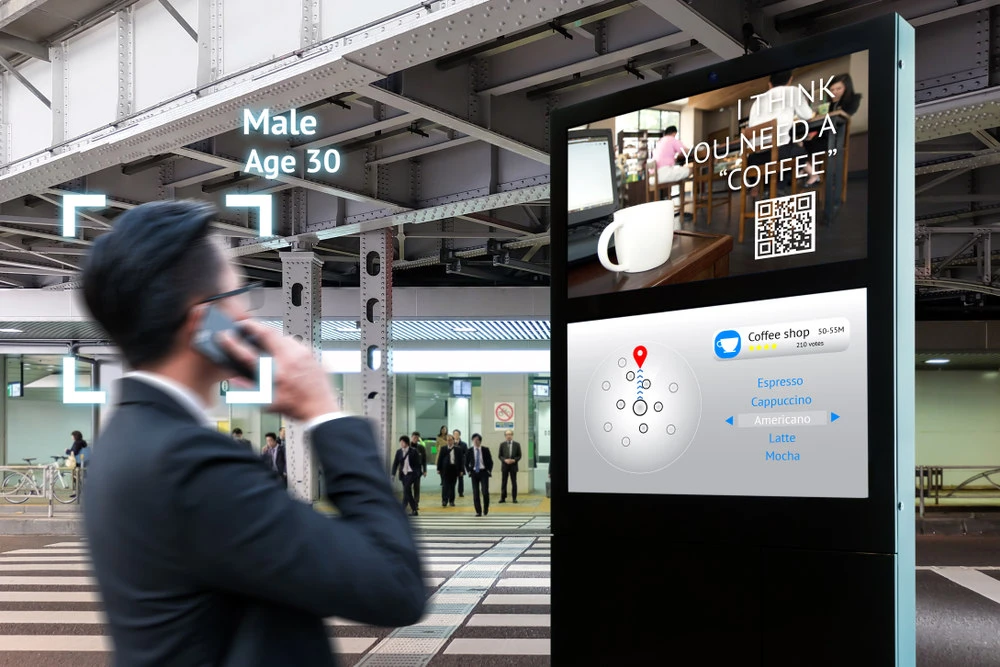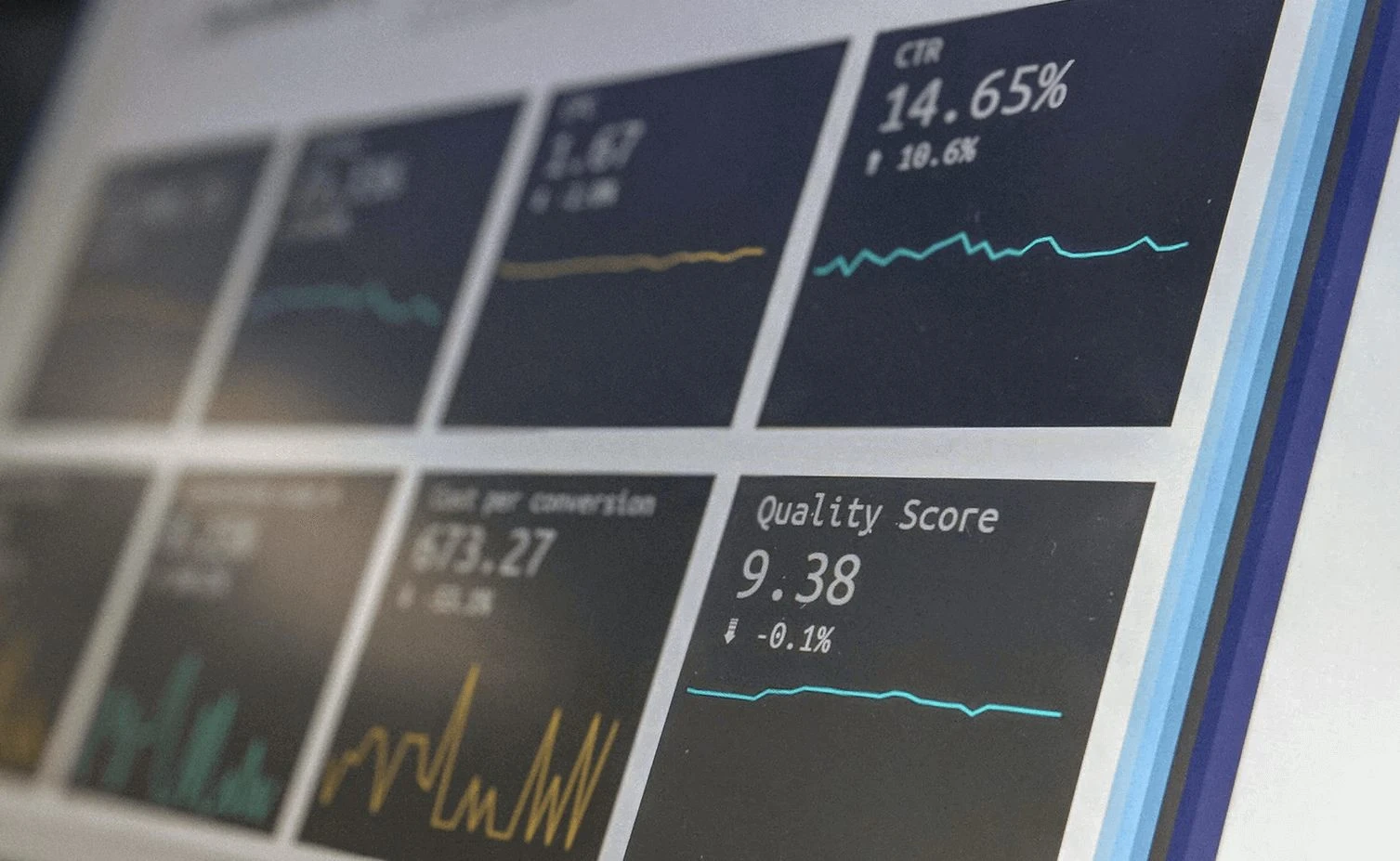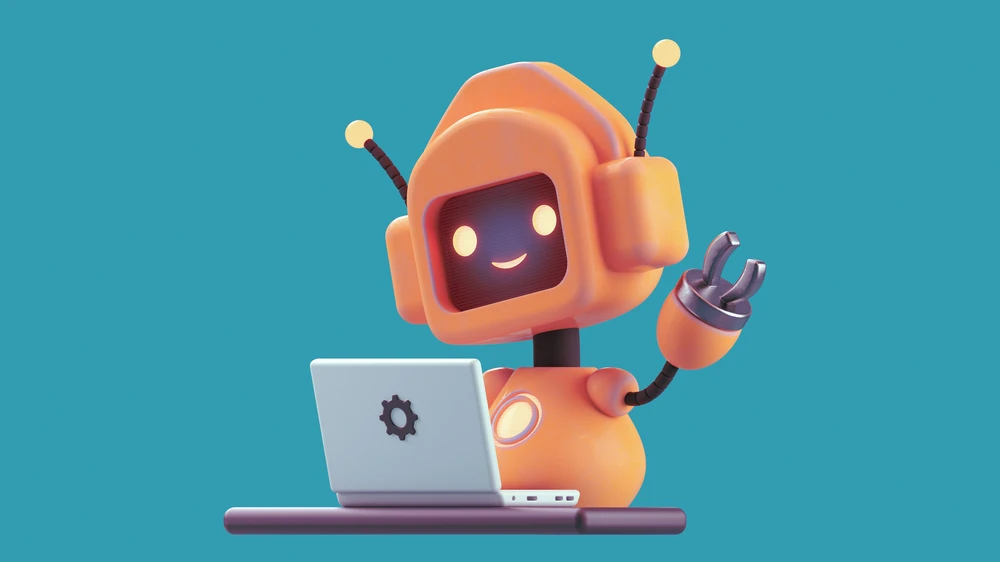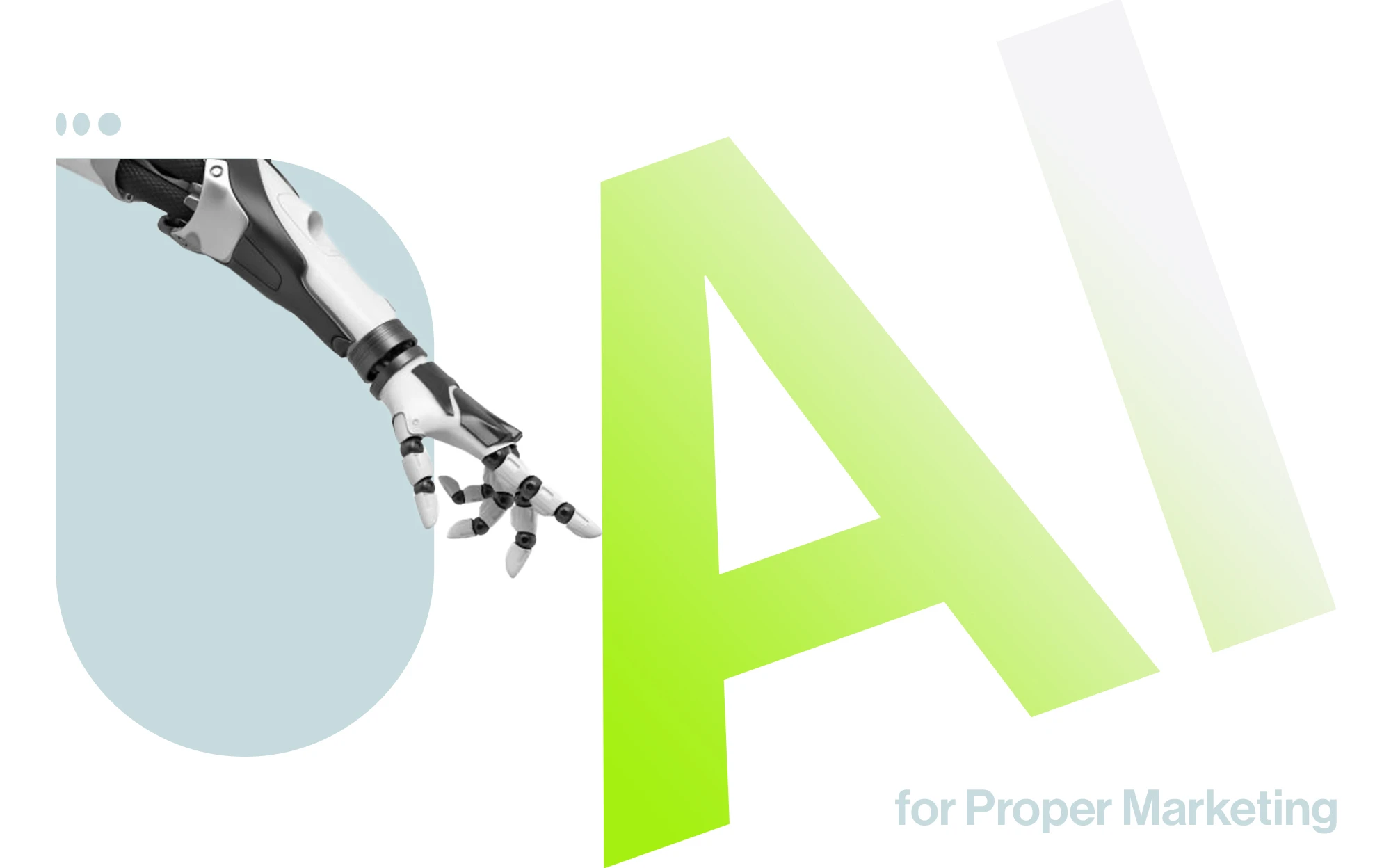Marketing is, was, and will long be the driving force behind modern businesses. It’s no secret that the marketing world has transitioned to a far more tech-focused business model, which seems to have satisfied sale-consumption demands. Nonetheless, what began as simple additions to the marketing toolkit, such as social media and Google ads, has gone deep into adopting technologies that belong to virtual reality.
Unsurprisingly, the addition of artificial intelligence (AI) has not only transformed the industry - it has become the backbone of the industry. AI is a software-based system that allows computers or machines to learn, process, and accomplish tasks that once required human intelligence. Developers believe that someday these machines will be able to act and perform jobs just as humans do.
Technology — specifically AI — is forging a path into every field and profession, and marketing is no exception.
As more people begin to recognize the value of AI, everyone wants to know when and how to implement it correctly. Advancements in marketing now help professionals easily accomplish that through new systems created by developers to expand the availability and abilities of marketing. Several of these tools help optimize planning and personalization and also provide promotional and targeting benefits. Let’s go over some of them.
Applications of Artificial Intelligence in Business
AI Systems
Nearly 90% of existing data globally has been created in the last six years, and all this data creates a need for improved technology to work with it. The benefits of AI could be vast, and saving time for marketers is one. It helps focus on more urgent tasks. Numerous AI programs can assist by collecting or organizing data and presenting it coherently. That is precisely what marketing needs to excel in its results.

Ad Targeting
Thanks to AI’s ability to assess where and when ads will be more effective, ad targeting or remarketing has become more cost-effective. This technology can also target users by demographics and browsing history. When you look up “coffee mugs” on a retailer’s website and later see ads on your sidebar for that same product or retailer, that’s the work of artificial intelligence. Although customers might not realize it, these ads impact their shopping choices and are highly influential when trying to drive traffic to a product or site.
Insights
Similar to the data gathered for targeted advertising, information is also being collected to target customers with B2B marketing. The insight companies can gather more details thanks to AI. These insights can enable companies to break into new markets and target new customers. Potential clients can be discovered through their activities, interests, and search histories. An enormous amount of data is being collected every day, with 90% of that data being created within the last two years alone. That’s so much data that if you transferred it to disks and stacked them, it would reach the moon and back. Thanks to AI and marketing, there are more ways to use this information for productive and influential work.

Content Creation
If you enjoy reading about stocks and sports, there’s a high chance you’ve read an article created by an algorithm. AI can generate these posts by forming cohesive and comprehensible sentences with automatically gathered and analyzed data. Narrative Science is one such company, “humanizing data like never before, with technology that interprets your data, then transforms it into insightful, natural language narratives at unprecedented speed and scale.” Marketing makes great use of this tool when categorizing and naturalizing marketing content, saving a significant amount of time on content research and creation.
Chatbots
Chatbots, often referred to as virtual assistants, are becoming more common each day. The capabilities of these bots now extend beyond simply chatting and assisting site visitors, and they are proving to be exceedingly beneficial in the marketing world.
A significant advantage of chatbots is the ability to increase engagement. Unlike humans, chatbots are able to talk to customers at any time of day. Thanks to this technology, hundreds of hours can be saved on basic customer service tasks that are now moving towards full automation. These bots can also integrate multiple messaging platforms such as Twitter and other social media sites, providing the chance to reach a wider audience. This allows companies to increase sales by quickly connecting with more people.

An underestimated and often unknown asset of chatbots is the capacity to conduct research, evaluate data, and generally offer support in maximizing efficiency and organization in your day-to-day work. This system collects data from employees on their daily tasks and the amount of time devoted to each task. It can also be integrated into Slack and remind users to log their information, and can also be aggregated to create reports and insights. This kind of AI can be used in any office environment, including B2B marketing. In a field as ever-changing and fast-paced as marketing, where employees typically work to juggle several projects at once, AI can positively impact individuals and the team overall.
What’s Next in AI and Business?
In this fast-paced world, it’s crucial to stay relevant in your marketing unless you are ready to lose to your competition, and AI is a perfect way to achieve this. It’s important to remember that AI can be used for a number of things, so let’s be creative and not limit its use in any aspect of your business.
Whether you’re trying to market a product or working to find better solutions for business customers, AI can play an integral part in helping you stay ahead of the competition. That said, it’s time to integrate AI into your work and make the most of it.

